South Africa's Economic Turbulence Post-Elections
The recent elections in South Africa have brought the nation's economic struggles into sharper focus, with political leaders raising alarms over the potential for violence if urgent economic reforms are not implemented. The Democratic Alliance (DA), South Africa's second-largest political party, is particularly vocal on this issue. Dion George, the DA’s head of economic policy, has warned that the country could face social unrest if the economy is not turned around swiftly.
The African National Congress (ANC), having emerged as the leading party without a majority, is now tasked with forming a government of national unity. President Cyril Ramaphosa, representing the ANC, has underlined the necessity of addressing several critical issues: job creation, economic growth, high living costs, and inadequate service delivery. These issues are particularly pressing given the current state of the economy.
The Dire State of Unemployment
Unemployment in South Africa is at staggering levels, with the official rate standing at 32.9%. This means that nearly eight million South Africans are without work. Among young people, the unemployment rate is even more alarming, reaching a distressing 45.5%. This high level of joblessness is contributing to a sense of hopelessness and frustration among the population, further exacerbating social tensions.
The ongoing power cuts and deficient infrastructure are significant obstacles deterring foreign investment. Major international companies, such as Shell and BNP Paribas, have already pulled out of the country, signaling a lack of confidence in South Africa’s economic direction. Without substantial improvements in these areas, the economic prognosis remains bleak, making it difficult to attract the investment needed to stimulate growth and job creation.
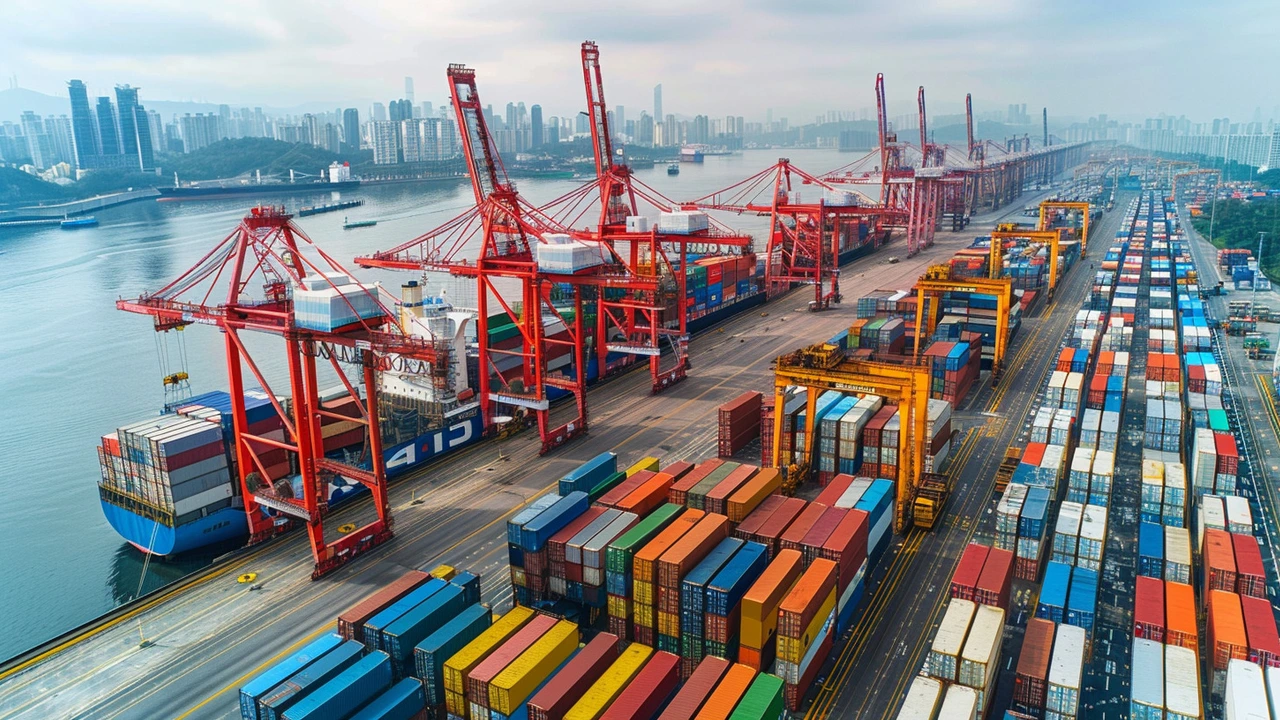
Calls for Government Action
Busisiwe Mavuso, CEO of Business Leadership South Africa, has urged the government to take decisive action to create a more conducive environment for investment. She emphasizes that addressing the energy crisis, enhancing infrastructure, and tackling corruption should be top priorities. Without addressing these key issues, any efforts to revive the economy are likely to fall short.
On the political front, the Economic Freedom Fighters (EFF) are advocating for more radical measures. They are calling for greater nationalization and land expropriation as a means of redistributing wealth more evenly. These proposals are controversial and have sparked intense debate among policymakers and the wider public.
Fiscal Challenges and Proposed Solutions
Amid these economic challenges, the government has increased welfare payments in an attempt to alleviate financial burdens on citizens. However, this approach has its own drawbacks, leading to a rise in government debt, which now stands at 74% of the country’s annual income. This level of debt is unsustainable and raises concerns about the country’s long-term fiscal health.
The Democratic Alliance has put forward alternative solutions to address the economic crisis. They propose borrowing funds to modernize the energy network, railways, and ports, or injecting more involvement from the private sector to reduce the financial burden on the government. However, this stance has created friction with trade unions, who are significant allies of the ANC, adding another layer of complexity to the economic debate.
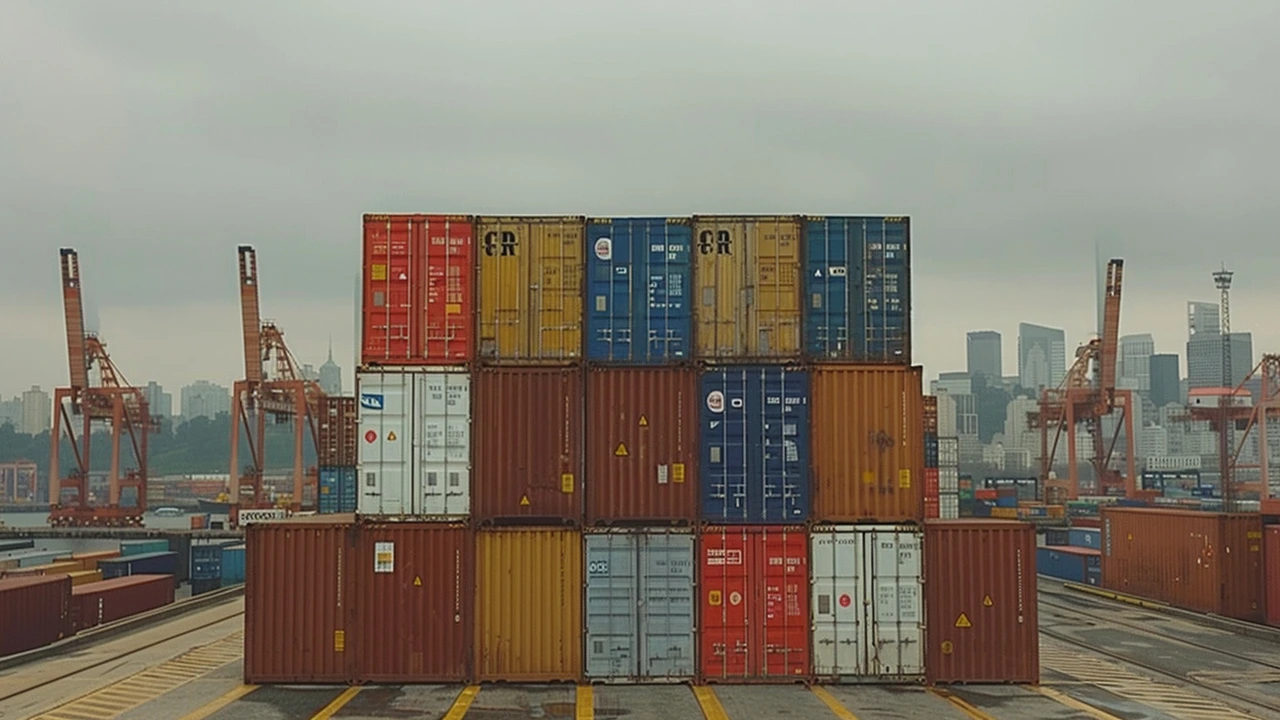
The Broader Implications
The challenges facing South Africa’s economy are often described as a form of 'economic apartheid,' suggesting that the current system disproportionately benefits a minority while leaving the majority struggling. This analogy underscores the deep-rooted inequities that must be addressed to create a more inclusive and sustainable economy.
As the political landscape evolves, the need for collaboration and innovative solutions among South Africa’s political leaders has never been more critical. Failure to act decisively could lead to increased social unrest and even violence, a scenario that all parties are eager to avoid.
In summary, South Africa stands at a crossroads. The decisions taken in the coming months will be crucial in determining whether the country can overcome its economic challenges and chart a path towards a more prosperous and equitable future. The urgency of the situation cannot be overstated, with millions of lives hanging in the balance.
The Way Forward
To move forward, South Africa's leaders must prioritize comprehensive economic reforms that address the root causes of the country's financial woes. This means taking a multi-faceted approach that includes boosting job creation, improving infrastructure, enhancing energy security, and tackling corruption head-on.
Investment in education and skills development is also essential to equip young people with the tools they need to succeed in the modern economy. By fostering a more skilled and adaptable workforce, South Africa can better position itself to compete on the global stage.
Moreover, fostering a culture of innovation and entrepreneurship could unlock new opportunities for economic growth. Encouraging small and medium-sized enterprises (SMEs) through supportive policies and access to finance can drive job creation and spur economic dynamism.
However, these efforts will require political will and a commitment to transparency and accountability. The government must demonstrate that it is serious about implementing meaningful reforms and creating an environment where businesses can thrive. Only by doing so can South Africa hope to attract the investment needed to fuel long-term growth and development.
In conclusion, South Africa faces significant economic challenges, but with the right strategies and a concerted effort from all stakeholders, it is possible to turn the tide. The road ahead will not be easy, but by working together and embracing bold solutions, South Africa can build a more prosperous and just nation for all its citizens.
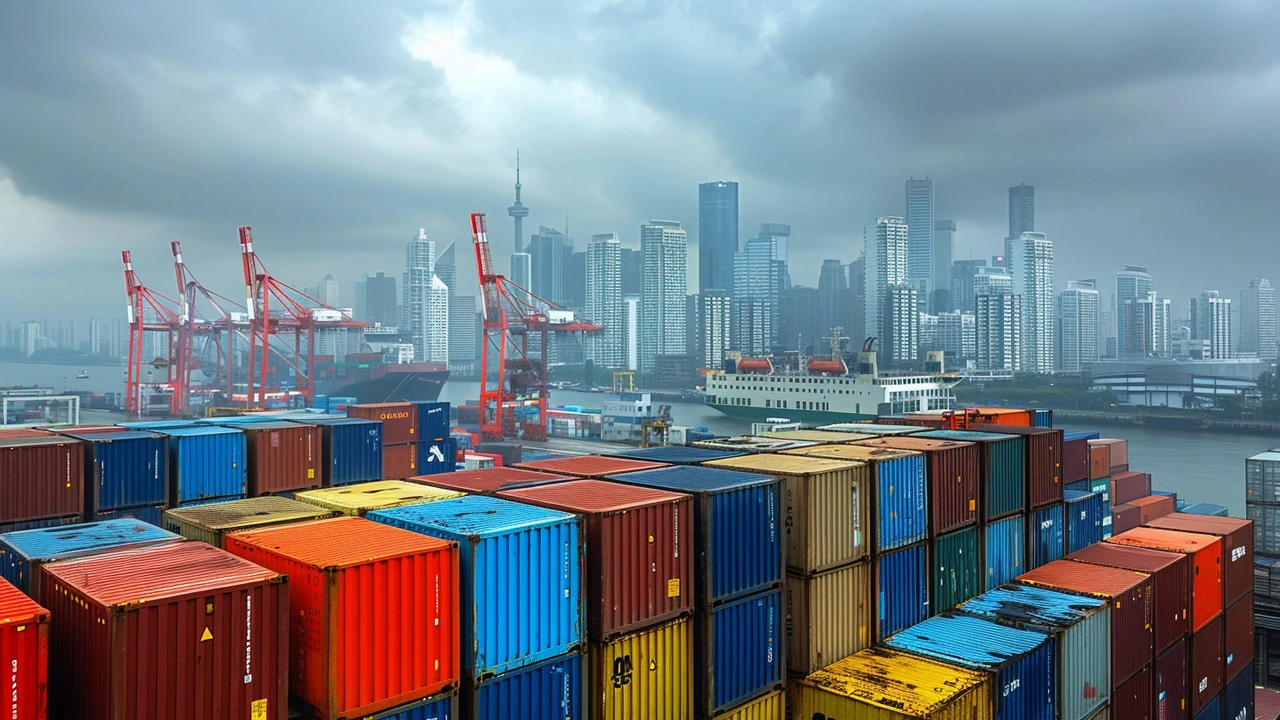


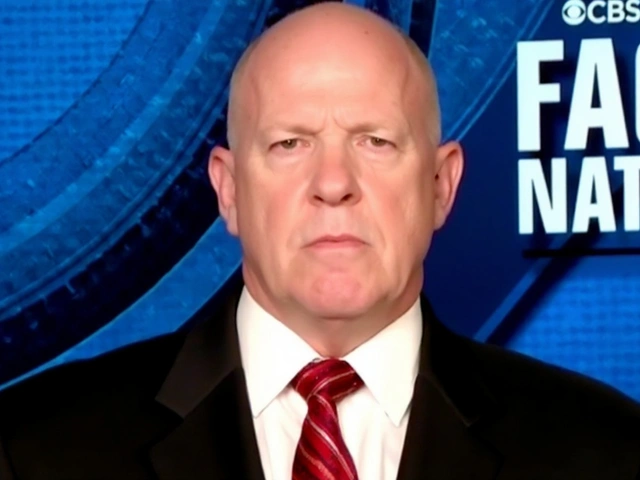
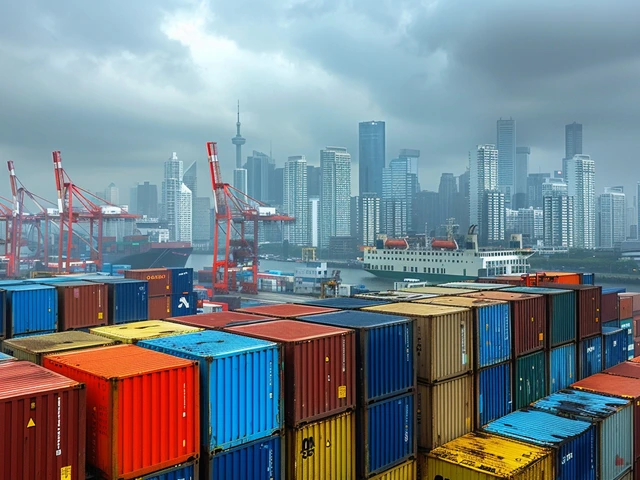

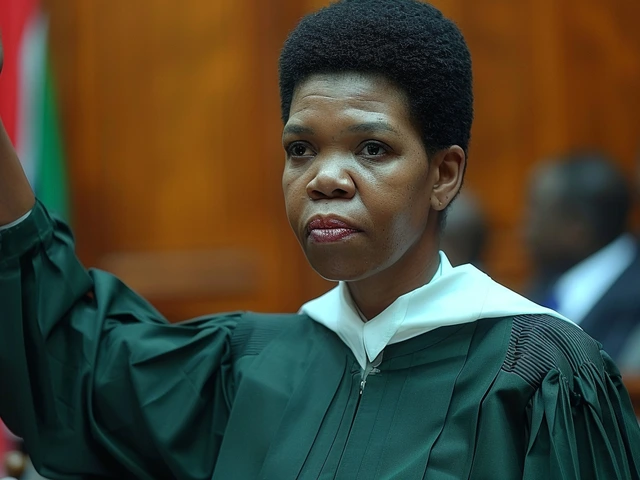
Write a comment